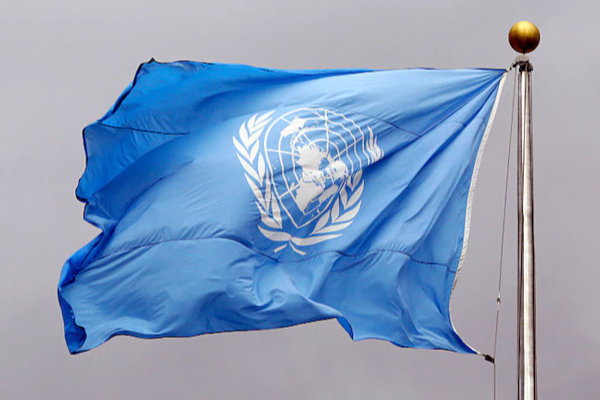International observers have expressed concern over the counterterrorism and reconciliation laws recently proposed in Sri Lanka, raising alarms about the potential impact on human rights and fundamental freedoms. In a letter addressed to President Gotabaya Rajapaksa, the observers have called for attention to the matter.
The letter emphasizes the need to uphold the principles of freedom of expression, belief, association, and faith, as well as the rights enshrined in these laws. It asserts that the new counterterrorism law can hinder progress towards a just and lasting peace and impede efforts to create an inclusive society.
The observers have stressed the importance of ensuring that these laws comply with international standards and are aligned with the country’s obligations under global conventions. They have highlighted the significance of safeguarding true freedom, preventing restrictions, censorship, and undue surveillance, and refraining from enacting legislation that undermines transparency.
To effectively utilize the provisions of these laws, it is essential for the Sri Lankan government to adhere to international norms and provide assurance of its commitment. The observers have called for the involvement of the judicial system in maintaining true justice, eliminating barriers, and implementing actions that are not perceived as discriminatory.
The principles of a fair trial, prevention of arbitrary detention, protection of privacy, and an absence of disappearances should be upheld. The authorities must take measures to ensure that actions are transparent, non-discriminatory, and do not infringe upon the principles of human rights.
The international community expects Sri Lanka’s government to utilize the opportunities provided by the reconciliation law to address various challenges in the political landscape. However, it is important to note that certain provisions in the law fail to address crucial issues, as highlighted by the observers.
These observations reinforce the urgency for the reconciliation law to align with international human rights standards and obligations. They also emphasize the need to refrain from enacting legislation that could potentially hinder progress towards sustainable peace, impede freedom of expression, and undermine efforts to achieve true reconciliation.
The principles outlined in the reconciliation law should be implemented in close coordination with international human rights laws and responsibilities. This alignment is vital to ensure that the law effectively addresses key challenges while upholding the rights and freedoms of all individuals.
It is essential for Sri Lanka’s judiciary to play a significant role in interpreting and applying the provisions of the reconciliation law, taking into account various perspectives and avoiding any perceived bias. This approach will lead to the creation of a fair and just society, which respects and protects the rights of all its citizens.






